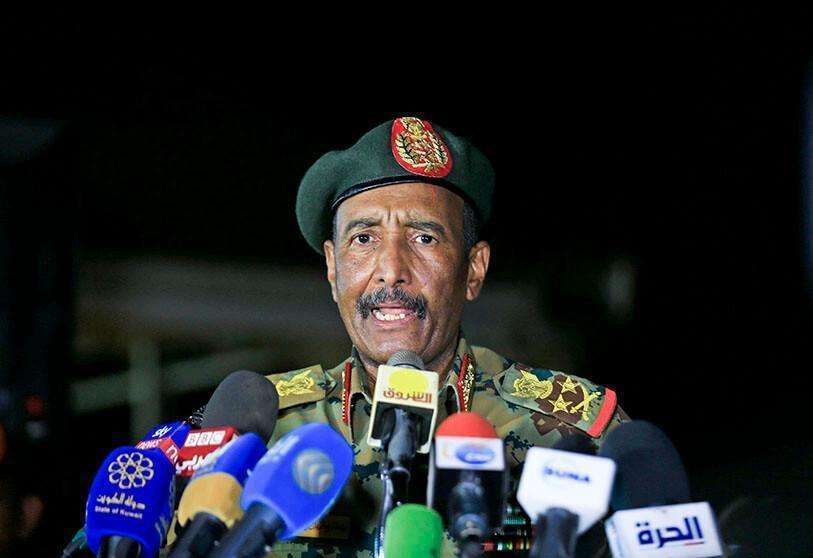Hamdok justifies the new pact as a guarantee "for the welfare of the Sudanese"

The latest demonstrations against Hamdok's agreement with al-Burham have positioned the prime minister as a "traitor". Sudanese society, which had hoped for an exclusively civilian government, has seen its aspirations frustrated by this new pact.
Hamdok has argued that his acceptance of the agreement is a response to his desire to guarantee "the welfare of the Sudanese". He said that he had "betrayed no one" and went on to describe the military uprising last October as a "coup d'état".

However, despite recognising the insurrection as a rebellion against the transitional government, the prime minister argued that "there must be broad reconciliations between all components of Sudanese society", thus defending his pact with the insurgents.
He also stressed that "the democratic transition is a joint responsibility between civilians and the military" and that he will try to respond to "a coordination of the latter in all matters, so that each one can carry out its tasks".

He also indicated that Sudan had already started working to return to the international community and the transition process. In this line, Abdullah Hamdok is said to have returned to his main functions as prime minister after signing the agreement with the military on Sunday.
However, this pact has not been welcomed by political organisations and, above all, by Sudan's main protest movement, which has even labelled Hamdok a "traitor". The agreement necessarily implies the presence of the military in power, something that Sudanese society has tried to avoid in the aftermath of the coup d'état.

The prime minister has sought to disassociate himself from these accusations after telling Reuters that another of the main reasons he decided to make the pact was to try to "preserve the economic gains made over the past two years". Alongside this, he stressed his desire for "the technocratic government's task to have a positive impact on economic performance and the livelihoods of citizens".
Hamdok said he would "continue to try to maintain communication with the international financial institutions", which would include the new year's budget, as well as "continue the focus on economic reform and try to open the doors for investment in Sudan".










